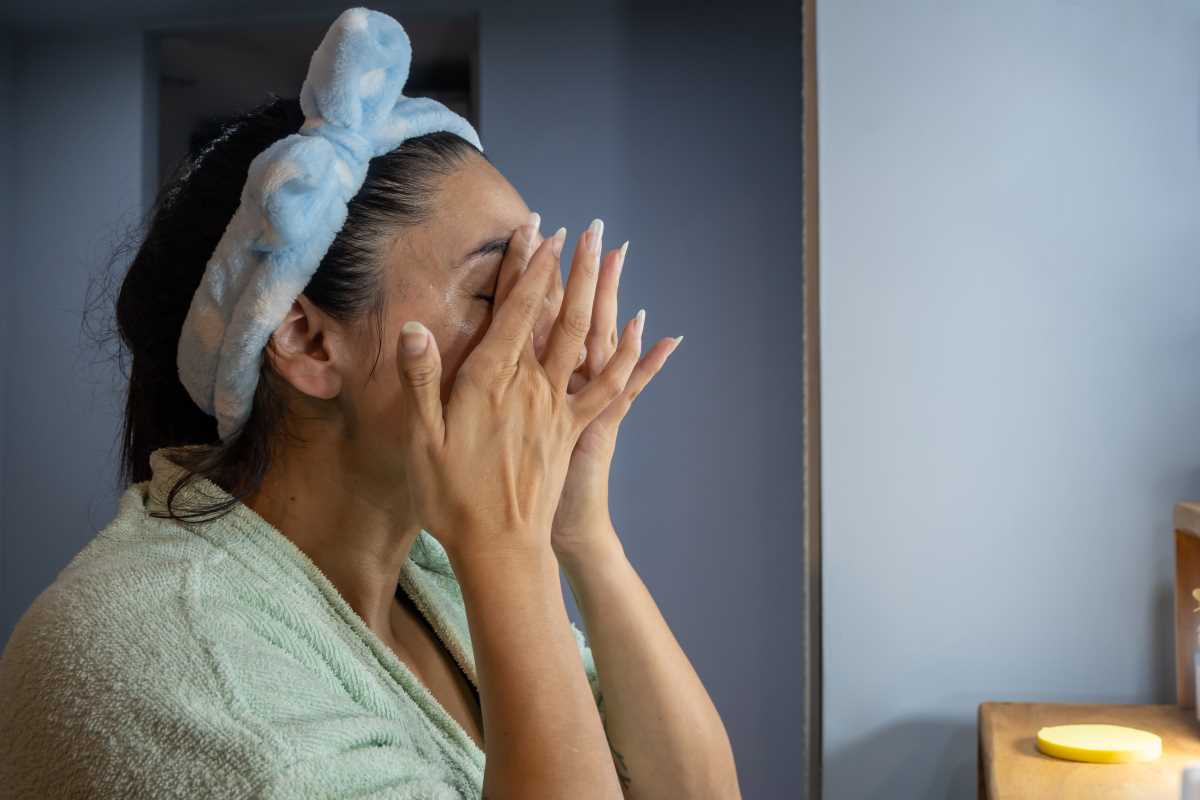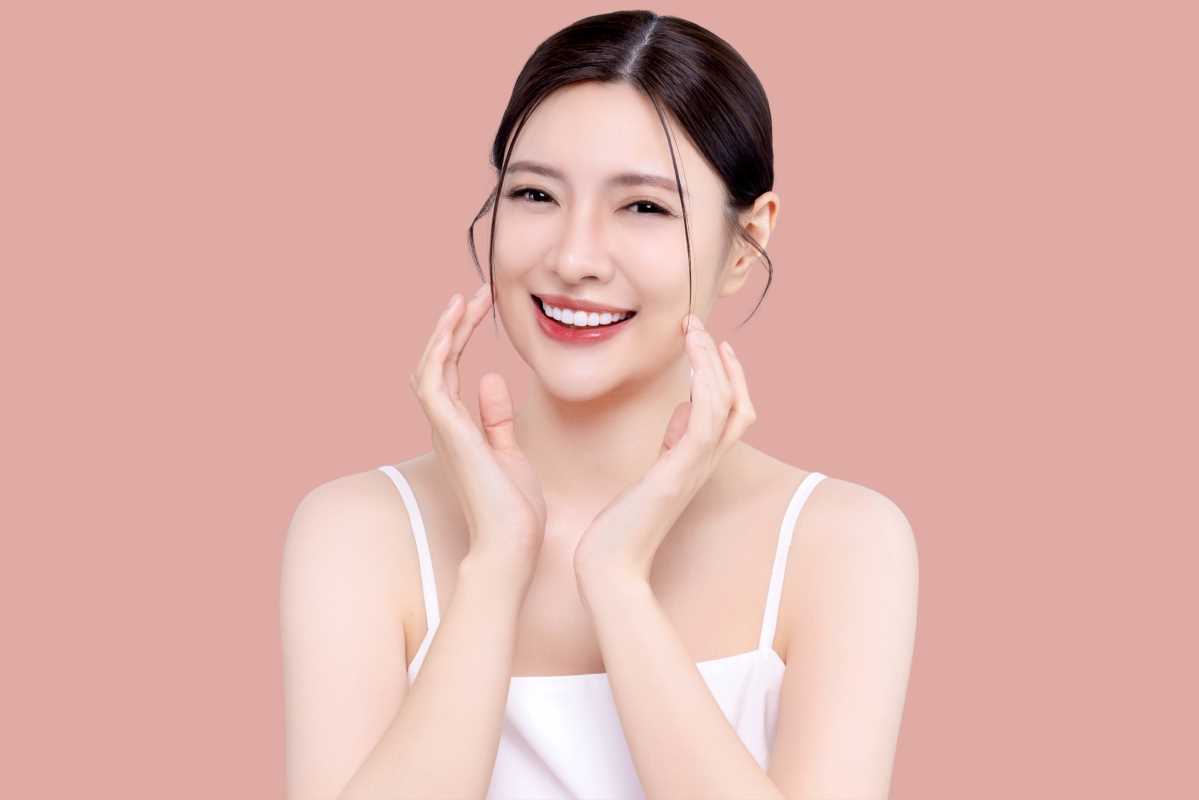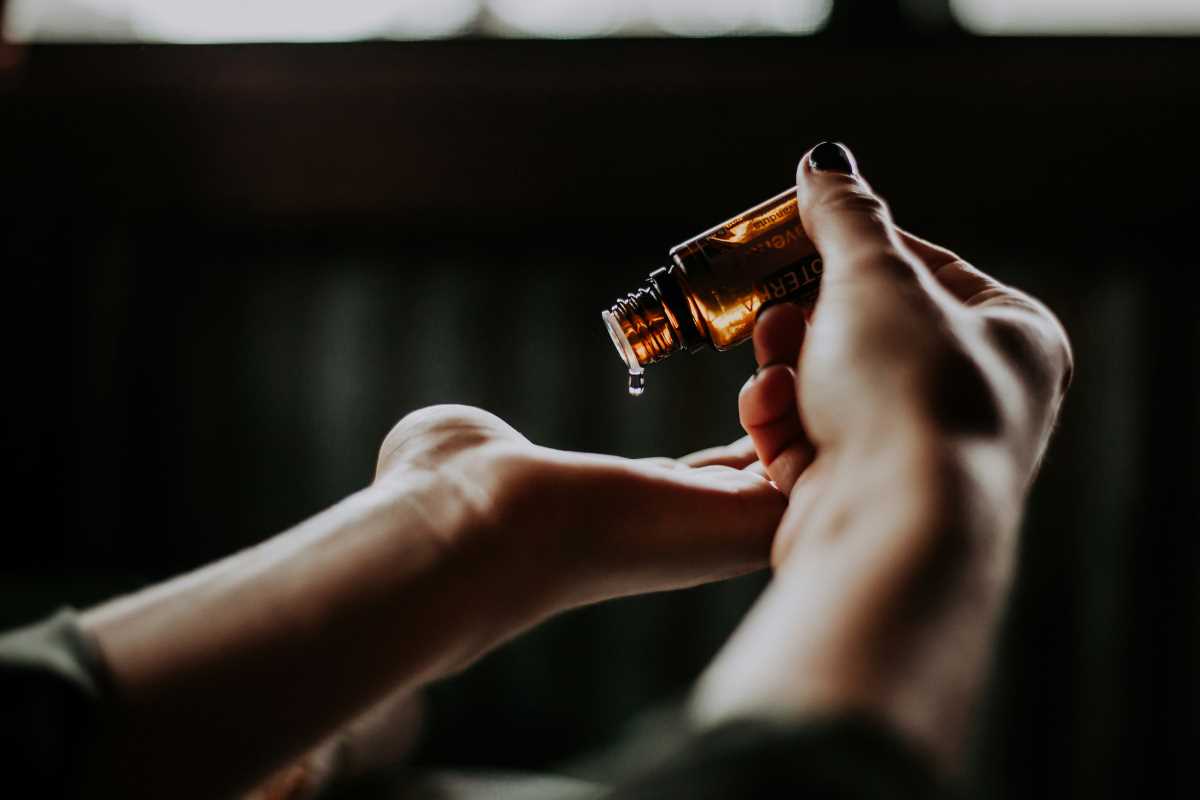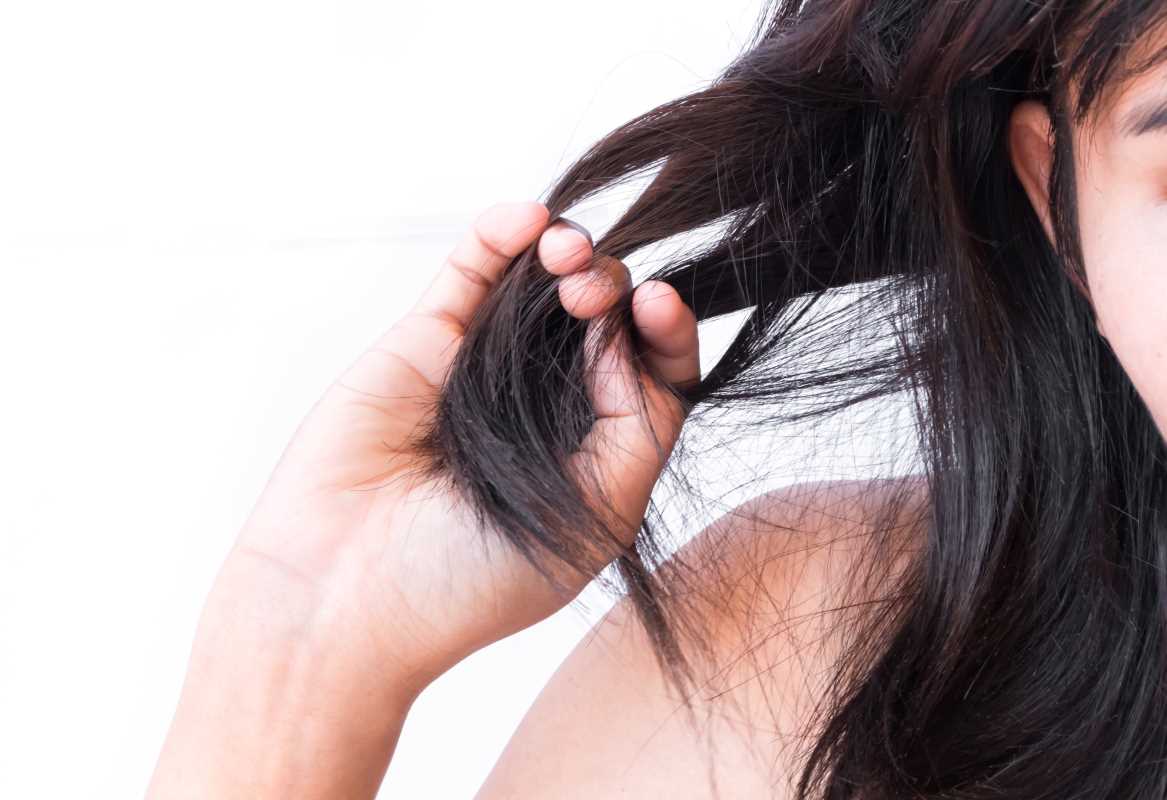When it comes to selecting the perfect shampoo for your hair, the options can feel overwhelming. With so many products available promising various results, it can be challenging to determine which one is the best fit for your hair type.
This comprehensive guide aims to simplify the process by breaking down the key factors to consider when choosing a shampoo that will leave your locks looking and feeling their best.
Different Hair Types
Understanding your hair type is crucial for selecting the right shampoo.
- Hair types generally fall into categories such as oily, dry, curly, straight, or color-treated, and each type has unique needs that can be supported with specific shampoo formulations.
- For instance, those with dry hair often experience frizz and breakage.
- Hydrating shampoos with ingredients like coconut oil, shea butter, or argan oil can deeply moisturize and help smooth hair texture.
On the other hand, if you have oily hair, you might struggle with flatness or excess buildup. A clarifying shampoo designed to remove oil without stripping essential moisture is ideal. These shampoos may contain ingredients like lemon or tea tree oil, which work to reduce oiliness and refresh the scalp.
People with curly or textured hair often benefit from moisturizing shampoos that enhance curl definition and prevent frizz. In contrast, those with straight hair may look for lightweight formulas that won’t weigh down their strands. Color-treated hair needs extra care to maintain vibrancy, so color-safe shampoos free from harsh chemicals are a wise choice.
Ingredients to Look For
Reading the ingredient list on shampoo bottles can help you select the right product for your hair goals. For example, if you have a sensitive scalp or skin, consider a sulfate-free shampoo.
Sulfates, while effective at cleaning, can sometimes cause dryness or irritation. Shampoos with natural, soothing ingredients like aloe vera, chamomile, or tea tree oil can help calm an irritated scalp.
Beyond soothing ingredients, other natural components like biotin, keratin, and argan oil can strengthen hair and encourage growth.
- Biotin, a B-vitamin, is known for its role in promoting healthy hair and reducing breakage.
- Keratin, a protein naturally found in hair, can help repair damage, while argan oil is rich in fatty acids and antioxidants, making it ideal for adding shine and managing frizz.
- For anyone dealing with dandruff or scalp issues, ingredients such as salicylic acid or zinc pyrithione can provide relief and reduce flakiness.
pH Balance
A balanced pH is essential for healthy hair and scalp. Ideally, your shampoo should maintain a pH level close to that of your scalp, around 5.5. A shampoo with a balanced pH can help prevent the scalp from becoming too dry or too oily, as it won’t disrupt the scalp's natural oil production.
Using a pH-balanced shampoo also helps to retain moisture in your hair, which keeps it looking shiny and manageable. Shampoos that are too acidic or alkaline can lead to issues like frizz, brittleness, or a flaky scalp.
Styling Needs
Your daily styling routine can also play a role in choosing the right shampoo. If you frequently use hot styling tools like flat irons, curling wands, or blow dryers, heat protection is essential. Some shampoos contain ingredients that protect hair from heat damage, such as hydrolyzed silk protein or silicone-based compounds. These ingredients create a protective barrier on each strand, reducing the risk of damage from high temperatures.
For chemically treated hair—whether through coloring, relaxing, or perming—a shampoo with added proteins and moisturizing agents can help replenish and repair damaged areas.
These shampoos typically contain ingredients like keratin, amino acids, or vitamin E to strengthen weakened strands. A shampoo that caters to your styling habits will keep your hair looking healthier and help minimize damage over time.
Fragrance and Sensitivity
Shampoo fragrance can influence your experience, but it’s also important to be mindful of any sensitivities.
- Some people may enjoy the smell of strong floral or fruity scents, while others prefer more neutral or earthy aromas.
- If you’re sensitive to fragrances or have allergies, there are hypoallergenic or fragrance-free shampoos available.
- These are particularly beneficial for individuals with conditions like eczema or psoriasis, which can be exacerbated by strong scents or harsh ingredients.
Trial and Error
Finding the right shampoo may take time, as what works for one person may not work for another. Consider starting with travel-sized bottles of a few different shampoos to test how they interact with your hair before committing to a full-sized product.
It’s essential to give each shampoo a fair chance, which may mean using it for at least a few washes before deciding if it’s effective. Some products may not show results immediately, especially those targeting long-term issues like strengthening or promoting growth.
Additionally, it’s helpful to note how your hair reacts to different formulations during seasonal changes or hormonal shifts. Hair texture and scalp needs can change due to environmental factors like humidity, heat, or cold, which may call for switching shampoos to meet your hair’s changing needs.
Other Tips for Healthy Hair
While selecting the right shampoo is essential, other habits also contribute to healthy hair. Avoid washing your hair daily unless necessary, as frequent washing can strip the scalp of its natural oils, leading to dryness or overproduction of oil. Use lukewarm water, as hot water can damage hair cuticles, making it more prone to frizz and breakage.
Follow up with a conditioner that complements your shampoo to lock in moisture and maintain softness.
Selecting shampoo involves factors like hair type, ingredients, pH balance, styling needs, fragrance preferences, and any sensitivities you may have. By understanding your hair's unique characteristics and trying different products, you can find the ideal shampoo that will leave your hair looking healthy, shiny, and beautiful. Remember, healthy hair isn’t just about the products you use but also how you care for it daily.







